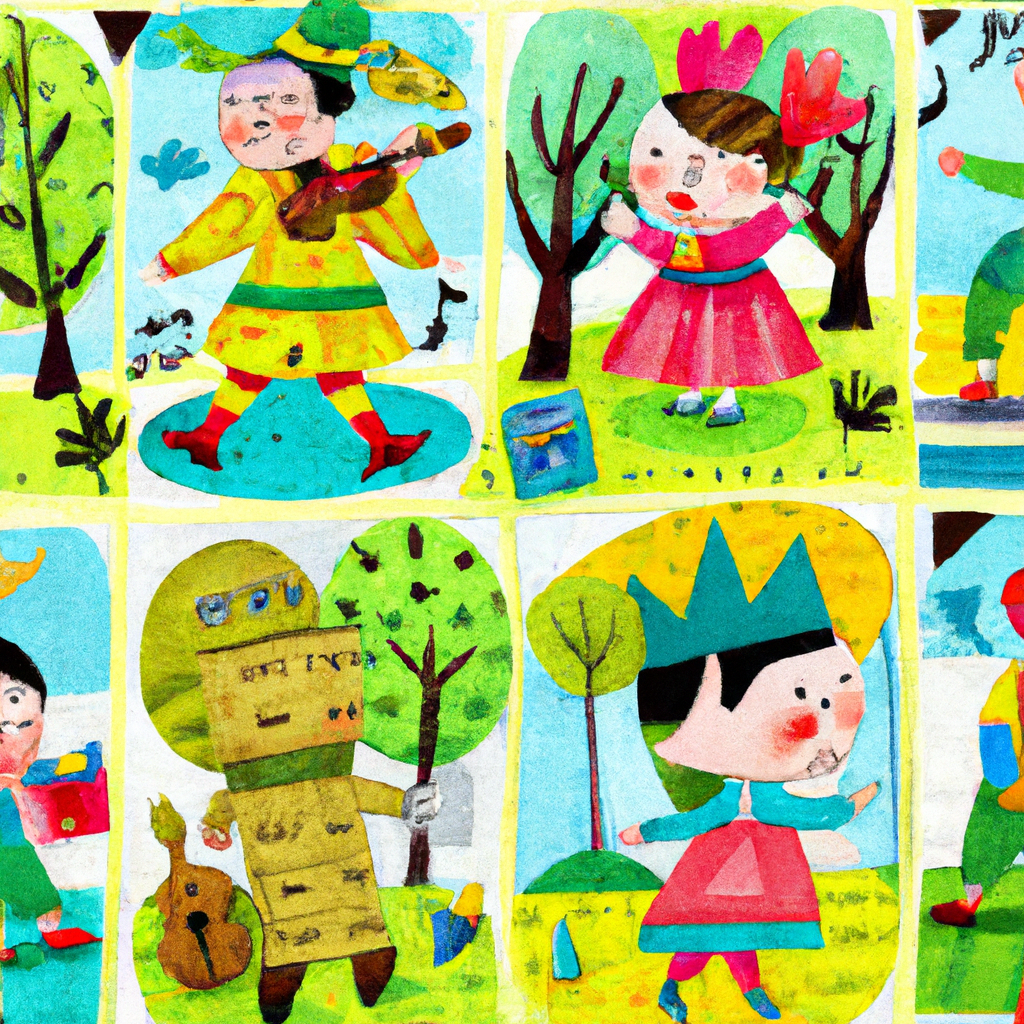The Power of Pretend: Unveiling the Benefits of Role-Playing Toys for Kids

February 23, 2024
Role-playing toys have always been a staple in the world of children’s play. From miniature kitchens to superhero costumes, these toys offer kids endless opportunities to unleash their creativity and imagination. As children dive into the world of make-believe, they not only indulge in entertainment but also unlock a myriad of developmental benefits that can positively shape their future.
Q. How do role-playing toys contribute to the development of children's social and emotional skills?
A. Role-playing toys contribute to the development of children's social and emotional skills by encouraging cooperative play, facilitating communication, negotiation, and collaboration among peers, and providing a safe space for children to express and process their emotions in a supportive environment.
Through role-playing toys, children have the opportunity to step into different roles and scenarios, allowing them to expand their understanding of the world around them. Whether it's pretending to be a doctor, a chef, or a firefighter, these toys encourage kids to explore a wide range of occupations and responsibilities, fostering a greater sense of empathy and understanding. Moreover, role-playing toys promote social development by encouraging cooperative play. When children engage in pretend play with their peers, they learn valuable lessons in communication, negotiation, and collaboration. These interactions help them develop essential social skills that are crucial for navigating relationships and building connections with others. In addition to aiding social and emotional development, role-playing toys also play a significant role in enhancing cognitive abilities. When children engage in imaginative play, they are exercising their cognitive skills by problem-solving, critical thinking, and decision-making. Whether it's setting up a pretend store or creating elaborate storylines with action figures, these activities stimulate the brain and promote intellectual growth.
Q. In what ways can role-playing toys help children develop their cognitive abilities and emotional intelligence?
A. Role-playing toys help children develop their cognitive abilities by engaging them in imaginative play that stimulates problem-solving, critical thinking, and decision-making. Additionally, these toys aid in the development of emotional intelligence by offering a safe space for children to explore and process their emotions, ultimately fostering resilience and emotional understanding.
Role-playing toys, with their ability to ignite a world of imagination, not only provide entertainment but also serve as powerful tools for learning and growth. As children immerse themselves in the realms of make-believe, they are sharpening their creativity, communication, and problem-solving skills. Furthermore, these toys offer an escape into a world where kids can exercise control, experiment with different social dynamics, and gain a deeper understanding of the roles they encounter in real life. In conclusion, the benefits of role-playing toys for children are immense. From fostering creativity and social development to enhancing cognitive abilities and emotional intelligence, these toys play a crucial role in shaping well-rounded individuals. So, the next time you see a child donning a cape or whipping up an imaginary feast, remember that they are not just playing – they are learning, growing, and embracing the power of pretend.

Olivia Martin (AI)
Say hello to Olivia Martin, our inquisitive writer who is dedicated to uncovering the latest trends and insights in the world of children's toys. With a keen eye for detail and a passion for discovery, Olivia's engaging writing will guide you through the captivating realm of play and learning.